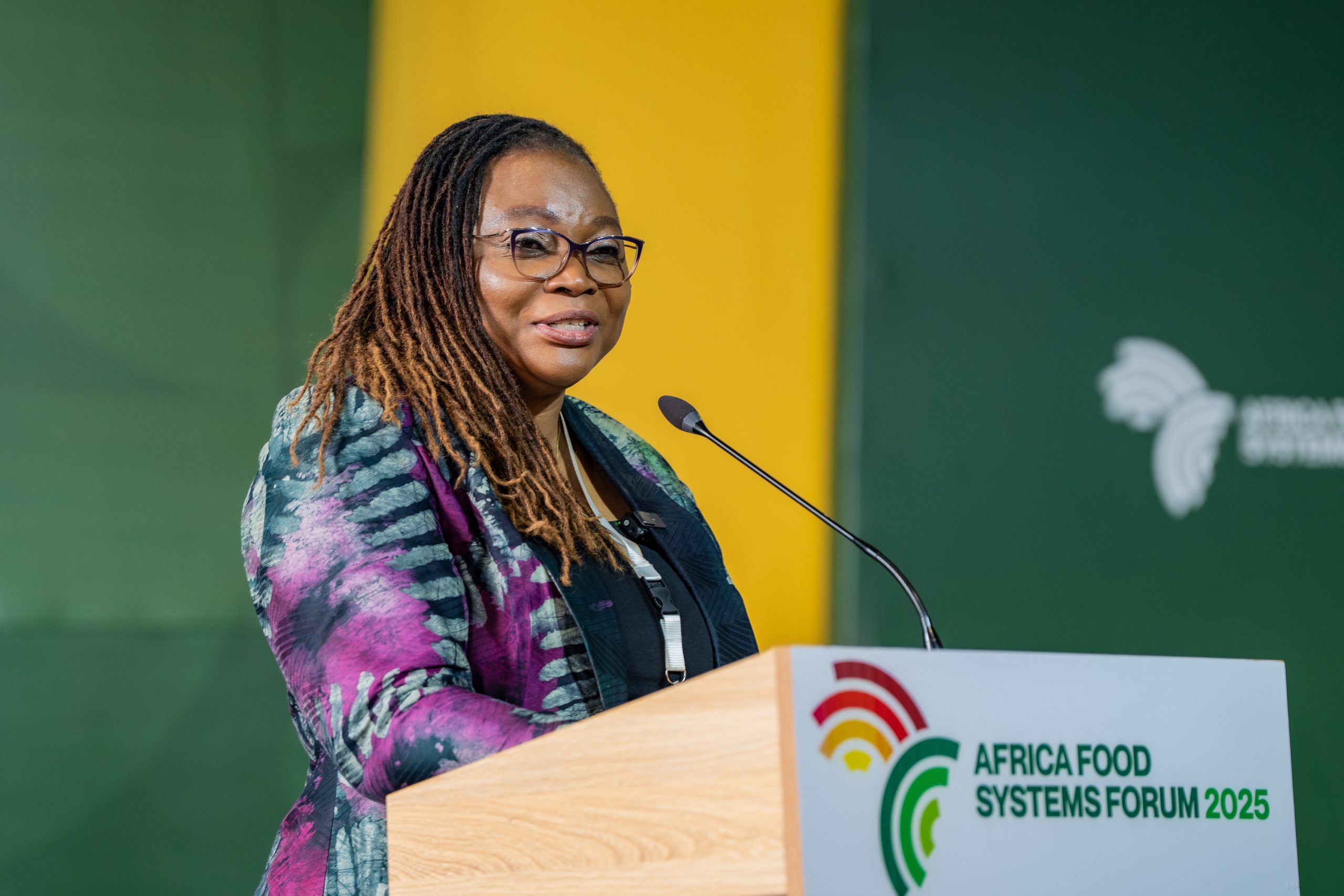
Agriculture remains the primary source of employment for nearly two-thirds of Africa’s workforce, yet it receives less than four per cent of commercial lending. According to the African Development Bank, the sector faces an annual financing gap of $80 billion. Smallholder farmers and agri-SMEs, who contribute up to 70 per cent of the continent’s food supply, are frequently constrained by limited access to credit, inadequate infrastructure, and high borrowing costs. Heifer International stressed that closing this gap requires both new investment and strategic partnerships that prioritise the needs of farmers.
“The future of African agriculture will be built on strong partnerships and funding that helps innovations move from ideas to scale,” said Surita Sandosham, President and CEO of Heifer International. “Philanthropic support is essential, and by working alongside governments, cooperatives, and the private sector, we can ensure that these funds go further in strengthening local food systems.”
Heifer International highlighted examples from its ongoing work across Africa. The AYuTe NextGen (Agriculture, Youth, and Technology Next Generation) initiative supports young agri-tech innovators, helping them scale solutions to challenges faced by smallholder farmers.
In Nigeria, a partnership with Hello Tractor has provided more than 20,000 farmers with affordable mechanisation services, improving planting and harvesting efficiency. In Uganda, youth-led startups supported through AYuTe NextGen have expanded mobile livestock health and crop advisory services, attracting private investment. Partnerships with dairy cooperatives in Kenya and Rwanda have reduced milk spoilage by up to 30 per cent, increasing farmer incomes and attracting buyers and processors.
“Farmers must be treated as business partners, young innovators need opportunities to prove their models, and finance must be structured in ways that share risk fairly,” said Adesuwa Ifedi, Senior Vice President for Africa Programs at Heifer International. “Above all, partnerships rooted in local realities create the trust and resilience needed for long-term growth.”
The organisation also noted the importance of inclusive approaches that target women and youth, who comprise nearly half of Africa’s agricultural workforce. Linking youth-led enterprises and women farmers to cooperatives and supportive networks helps overcome barriers to land, finance, and market access. Regional policy frameworks such as the Comprehensive Africa Agriculture Development Programme (CAADP) aim for over $100 billion in agrifood investment, with at least 30 per cent of opportunities directed toward women and youth.
Carolyne Mwangi, CEO of Kenya-based Kimplanter Seedlings and Nurseries and a recent AYuTe NextGen winner, emphasised the role of partnerships in building agricultural resilience: “Across Africa, young entrepreneurs are delivering solutions, from mechanisation services to cold-chain logistics. What they need are partners who understand farming realities and who can connect them to markets. This is how resilience and growth are built.”
Heifer International added that moving beyond short-term, fragmented interventions is crucial for sustainable agricultural development. By strengthening local partnerships and designing inclusive support structures, smallholder farmers can increase their incomes, investors can identify viable opportunities, and countries can improve food security for growing populations.
Comments
This site uses User Verification plugin to reduce spam. See how your comment data is processed.